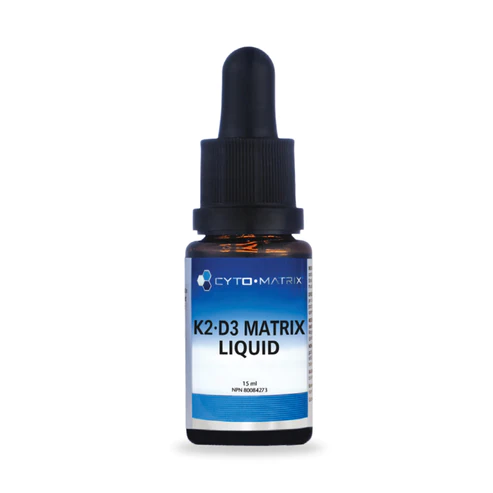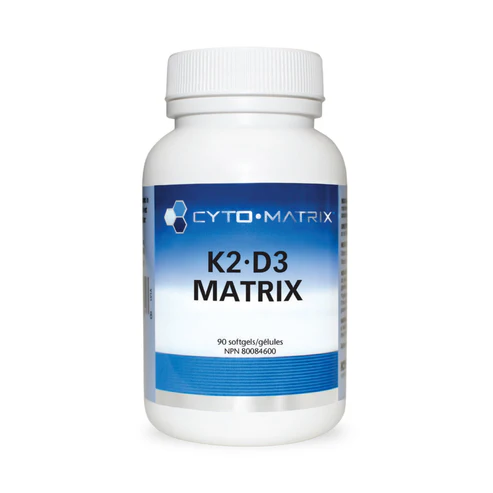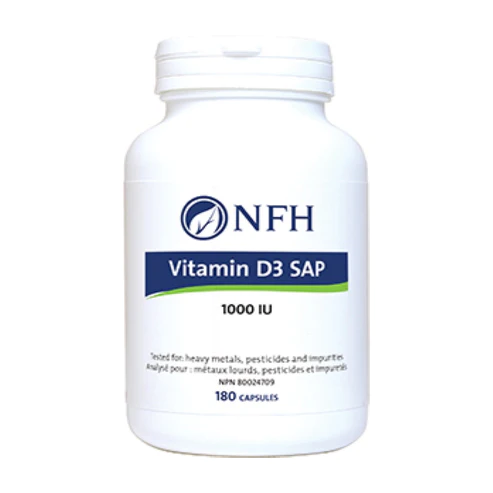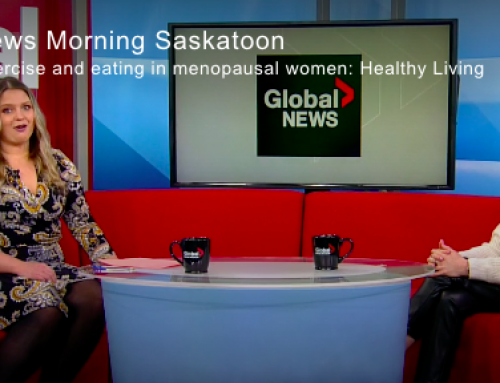The Winter Deficiency Epidemic
When the days get shorter and the winter chill sets in, many of us start feeling a little off. It’s not just the lack of sunlight messing with our mood—it’s what the lack of sunlight does to our vitamin D levels.
I see it all the time in my clinic: people come in feeling tired, catching every cold, or just feeling blah. They’re taking vitamin D supplements, but it’s not helping.
Why? Because they haven’t had their levels tested, and they don’t know if they’re taking the right amount.
Why Vitamin D Matters
Vitamin D is more than just the “sunshine vitamin”— it’s essential for so many things in your body. Sure, it’s great for bones because it helps absorb calcium and phosphorus, but that’s just the beginning:
What Happens When You’re Deficient?
The tricky part about vitamin D deficiency is that it doesn’t always scream for attention, but trust me, it’s there.
Here are the things I hear most often in clinic:
- “Why am I always sick?” If you’re catching every bug going around, low vitamin D might be part of the problem.
- “My body just aches.” Achy bones and muscles are a classic sign.
- “I feel so down lately.” Fatigue and mood dips are big red flags.
- “Why is this happening to me?” Long-term, a deficiency can lead to serious health issues like osteoporosis, heart problems, and autoimmune conditions.
Why Testing is Non-Negotiable
Here’s the thing: Guessing your vitamin D levels isn’t good enough.
A lot of people assume they’re fine or take a random supplement dose, but without a simple blood test (called a 25-hydroxyvitamin D test), you’re in the dark. Testing shows where you’re at so you can supplement smartly and actually feel better.
I recommend testing if you:
- Live in a place with long winters (hello, northern climates!).
- Spend most of your time indoors or use sunscreen religiously.
- Have darker skin, since it’s harder to produce vitamin D from sunlight.
- Are pregnant, breastfeeding, or over 65—your needs are higher.
Why Vitamin K2 is Your Secret Weapon
Here’s a pro tip: if you’re supplementing with vitamin D, you’ll want to pair it with vitamin K2.
Why? Because vitamin K2 makes sure the calcium that vitamin D helps you absorb goes to your bones where it belongs and not to your arteries, where it could cause problems. It’s the ultimate tag team for bone and heart health.
How to Boost Your Vitamin D Levels
So, once you know your levels, what’s next? Here’s how to get your vitamin D back on track:
- Get Outside: Even 10-30 minutes of midday sun on your skin can help, when the weather allows.
- Eat Smart: Include foods like salmon, mackerel, sardines, egg yolks, and fortified foods in your diet.
- Supplement Wisely: A good-quality vitamin D3 supplement with K2 is often necessary in the winter. Work with your healthcare provider to get the dose right for you.
The Bottom Line
Vitamin D is your winter wellness MVP, helping you stay strong, healthy, and happy. But don’t just guess—get tested, find out what your body really needs, and take charge of your health.
I’ve seen the difference it makes for my patients, and I know it can make a difference for you, too. Let’s get you feeling your best, no matter how cold and dark it gets outside.
– Dr. Jacqui Fleury, ND









